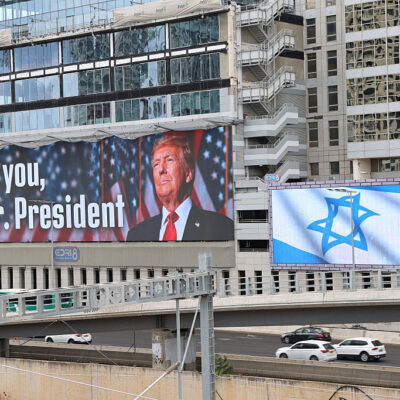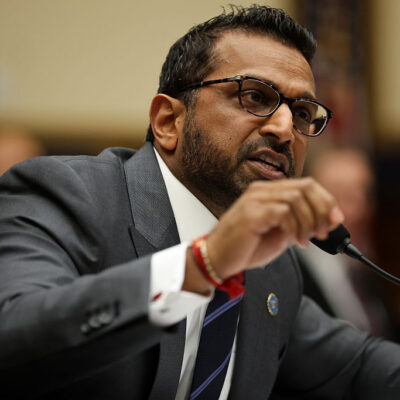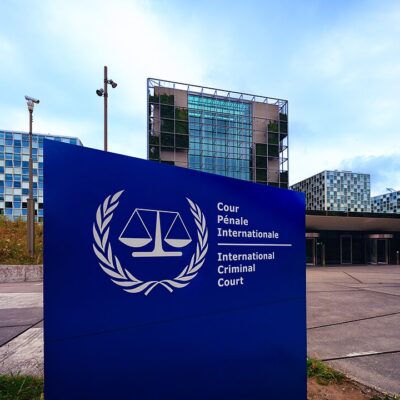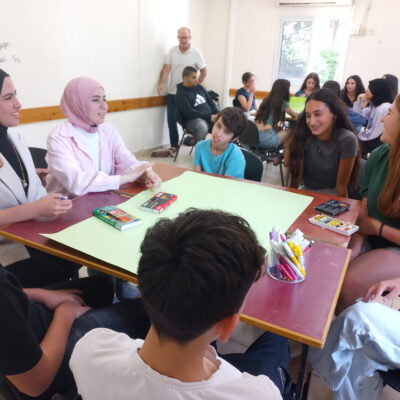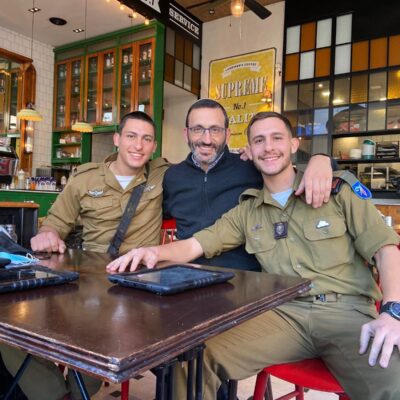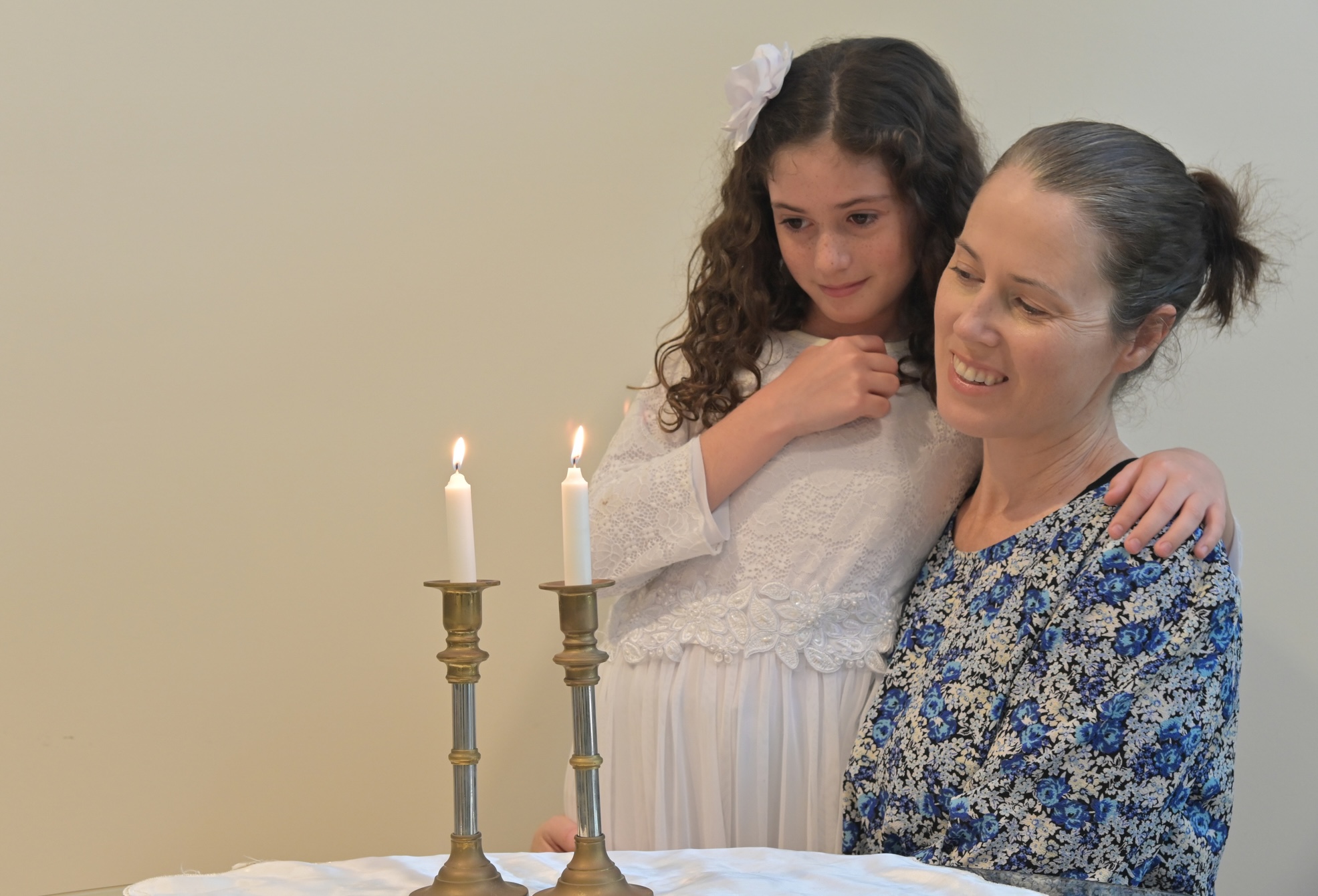GOING GLOBAL
During D.C. visit, World Jewish Congress urges increased U.S. action on international antisemitism
The delegation pushed for the U.S. to address anti-Israel sentiment and antisemitism in international fora from within, rather than dropping out
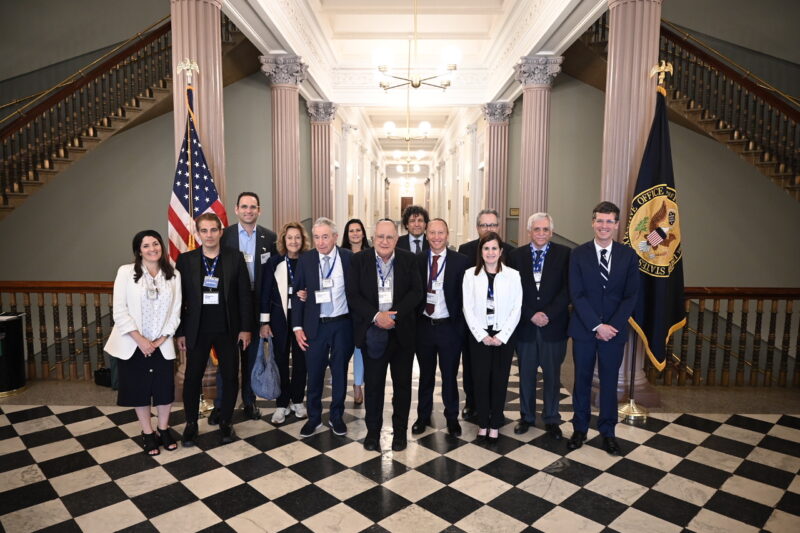
Shahar Azran/WJC
A World Jewish Congress delegation visits the White House, meeting with its Jewish liaison, Martin Marks (right), in June 2025.
As a ceasefire in Israel’s conflict with Iran took effect on Tuesday, a delegation from the World Jewish Congress concluded its trip to Washington to discuss the international rise in antisemitism with lawmakers.
“The whole world is watching what the American administration does,” Sara Friedman, executive director of WJC North America, told eJewishPhilanthropy. “Our Jewish communities around the world are looking for us to help them in this respect.”
The WJC trip overlapped with another mission by Jewish leaders to the capital, led by the Jewish Federations of North America and the Conference of Presidents of Major American Jewish Organizations. According to Friedman, while both missions were advocating for the Jewish People, the JFNA-Conference of Presidents leadership mission was primarily focused on domestic issues, while the WJC was looking to address international antisemitism.
The trip, which was planned in March, brought 15 representatives from Canada, the United States, Mexico and Europe to Washington. Led by J. Philip Rosen, WJC’s North America chair, the delegation held meetings with the State Department’s Office of the Special Envoy to Monitor and Combat Antisemitism and other State Department officials, as well as White House Jewish liaison Martin Marks, Rep. Elise Stefanik (R-NY), Rep. Dan Goldman (D-NY) and Rep. Maria Elvira Salazar (R-FL).
According to Friedman, the Trump administration has been “committed” to combating antisemitism domestically, but the delegation wants to see a stronger focus internationally. “America is a center of power and does lead by example, and we need that example to be stronger. And that’s the message that we kept just driving home,” she said.
The delegation also advocated for the United States to allocate more resources to the State Department’s antisemitism envoy and — on the domestic front — to expand the Nonprofit Security Grant Program.
“We would like to see more dollars and legislation put towards community security,” Friedman said. “We don’t feel safe. That’s a very new phenomenon in the United States. Our European counterparts have had that for a long time.”
Though some parts of the Jewish community have called for the United States to cut ties with international organizations that have anti-Israel biases, the WJC delegation advocated remaining a part of them and reforming them from within. This included “urging the Trump administration to remain in UNESCO, the only U.N. agency with a dedicated mandate for Holocaust education and combating antisemitism,” WJC said.
The Trump administration ordered a review of its membership in the international cultural body in February. The delegation noted that the 180-day review period is due to expire in August.
The WJC delegation also highlighted to American officials the importance of protecting Jewish communities internationally, according to the group. Specific priorities outlined in the statement included urging European leaders to boost protections for Jewish communities, urging U.S. allies to appoint national coordinators to combat antisemitism and protecting Jewish communities against potential attacks by Iranian proxies in retaliation for Israel’s strikes on Iranian nuclear sites this month. This threat is considered particularly acute in South America, where the Iranian proxy Hezbollah has long maintained a presence and has in the past carried out attacks, most notably the deadly 1994 AMIA bombing.

 Add EJP on Google
Add EJP on Google


